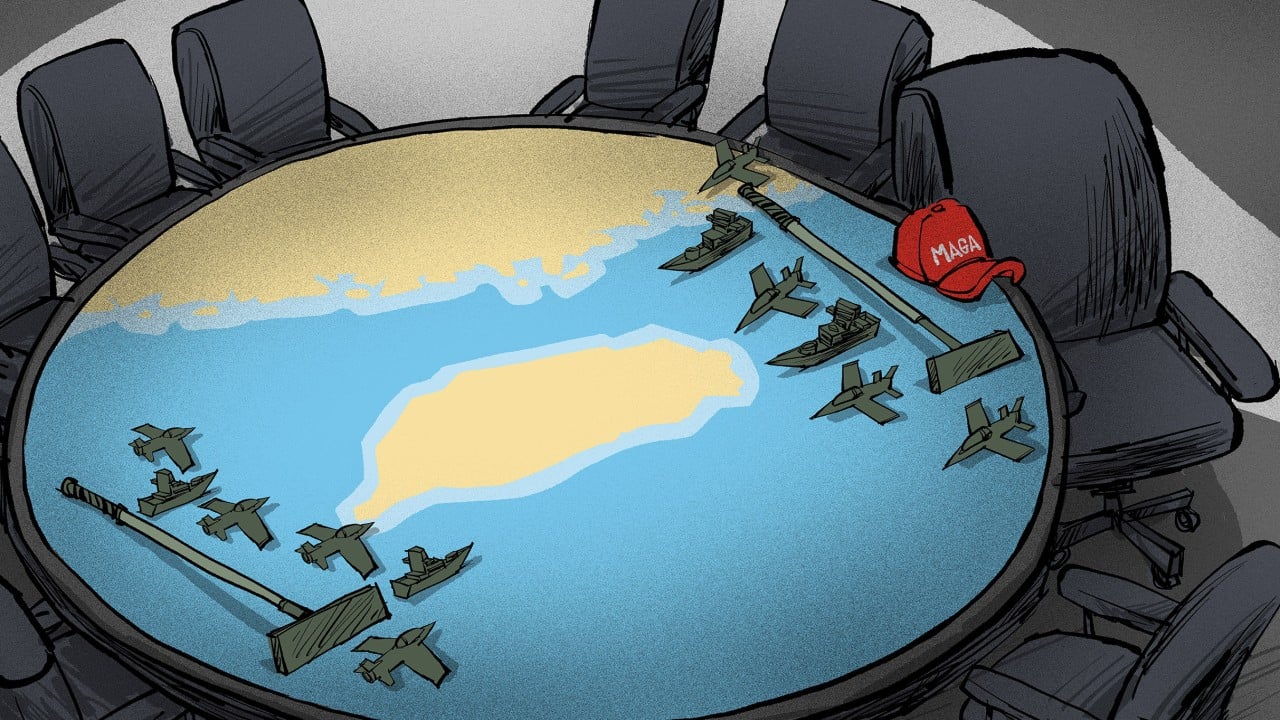There has been much speculation as to which third parties might get involved if war broke out between China and the United States in the Taiwan Strait. In June, The Economist published an article on this very question. More recently, the Financial Times reported that the US had been putting pressure on Japan and Australia to clarify what role they would play in such a situation.
Advertisement
It appears that there would be few countries on China’s side. China’s only treaty ally is North Korea. A 1961 treaty obliges the two sides to take “all necessary measures” to oppose any country or coalition of countries that attack either nation unprovoked. Although North Korea sending soldiers to fight for Russia in Ukraine could raise the same prospect one day, and Beijing certainly matters much more than Moscow to the survival of a country under extensive international sanctions, currently China’s ties with North Korea appear less warm than those between Russia and North Korea.
Pakistan has been described as an “iron brother” of China. Given its almost unsalvageable relationship with India, Pakistan might seriously consider following through if China asked it to help take on India in a worst-case scenario. However, Islamabad joining a war to assist China against the US – which is a major provider of aid to Pakistan – is highly unlikely.
China’s most useful strategic partner is unquestionably Russia. Their closeness is reflected in their regular air and sea exercises. But why would Russia choose to get involved in a conflict in the Taiwan Strait if China has not provided Russia with military assistance in the Ukraine war? Presumably Russia would continue to sell China oil and gas, just like China is still selling Russia non-military items, but that’s probably all.
On the American side, not more than a handful of countries would provide military assistance to the US in a conflict with China, and each would do so half-heartedly at best. The Economist article seems to share this view as it quotes a recent paper from the Centre for a New American Security (CNAS), though the paper’s analysis is not entirely convincing.
Its first conclusion is obvious: if the US stays out of the war, its allies will, too. The second is that if the US does step in, its most affected allies would be Japan and the Philippines. Japan’s participation would be unlikely to go much further than submarine patrols or missile strikes. The Philippines would be more cautious, the CNAS paper said, but if Chinese forces were bogged down, it might be tempted to advance its claims in the South China Sea.
Advertisement


